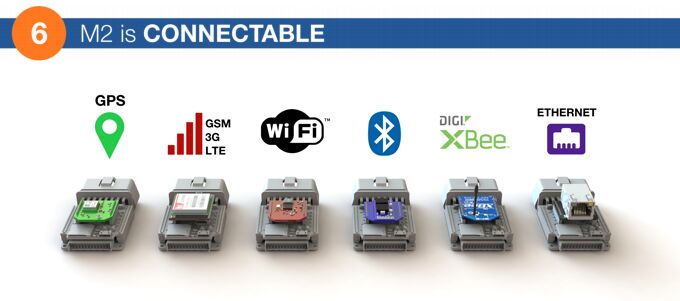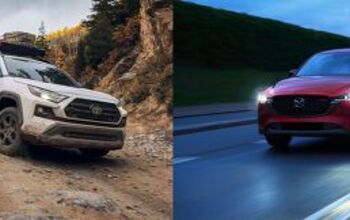Macchina Brings Car Hacking To The Masses

Tuners and researchers have searched for ways to pull data from cars and modify it ever since the introduction of the first on-board computer in the late 1960s. The advent of fuel injection and computer-controlled engines in the 1990s brought computerized tuning front and center. And while the OBD2 standard — made mandatory in 1996 —standardized the interface and made it easier to read diagnostics and log some parameters, modification and advanced logging was still complicated and expensive.
Professional tools and open source hardware popped up in the past decade to allow deeper access into a car’s electronics, but most ready-made products were still expensive. Open source variants also required knowledge of soldering and programming. Now, Macchina has taken the best of both worlds and packaged it into an inexpensive product that should prove useful for researchers as well as tuners.
The Macchina M2 packs a lot of protocols into a small package, making it the Swiss Army knife of vehicle interfaces. The company’s Kickstarter page has proved very successful — with five days to go, the $25,000 goal has been surpassed four times over. While the page throws a lot of information at you, taking a step back shows that the product is really just an evolution of previous Arduino-based devices.
Devices similar to the M2 have been built by enthusiasts by assembling an Arduino with a CAN-BUS shield and OBD2 interface cable.
One of these setups can be put together for around $65, though it requires assembly and customization by the end user. It’s also somewhat clunky due to the adapters it uses. The M2 takes that concept and packages into a smaller device with a built-in OBD2 port. The other benefit of the M2 is that it has a standardized socket for adding auxiliary devices, making it easy to adapt for a variety of situations. That allows a user to add Bluetooth or Wi-Fi to make it remotely accessible.
Like other devices, the M2 supports a variety of standard protocols (such as J1850 and KWP2000), but what makes it shine is that it offers support for SWCAN and LIN-BUS. The inclusion of LIN-BUS gives it the ability to read and possibly modify Teslas, which I have not seen from any other consumer product. All of this capability will run you $79 during the Kickstarter period or $89 retail after its release.
I plan to follow the project and pick one up myself, as it will be immediately useful just for the built-in MicroSD port. This should allow me to log PIDs from a car without having to string out a cable across my lap and bungee-wrap a laptop to a passenger seat.
[Images: Macchina/ Kickstarter]

More by Bozi Tatarevic
Latest Car Reviews
Read moreLatest Product Reviews
Read moreRecent Comments
- Bd2 If I were going to spend $ on a ticking time bomb, it wouldn't be for an LR4 (the least interesting of Land Rovers).
- Spectator Wild to me the US sent like $100B overseas for other peoples wars while we clammer over .1% of that money being used to promote EVs in our country.
- Spectator got a pic of that 27 inch screen? That sounds massive!
- MaintenanceCosts "And with ANY car, always budget for maintenance."The question is whether you have to budget a thousand bucks (or euro) a year, or a quarter of your income.
- FreedMike The NASCAR race was a dandy. That finish…



































Comments
Join the conversation
Jeez, all I want to do is to change the shift points on my automatic transmission...
I refuse to purchase this company's products until they produce a Deux Ex https://en.wikipedia.org/wiki/Deus_ex_machina